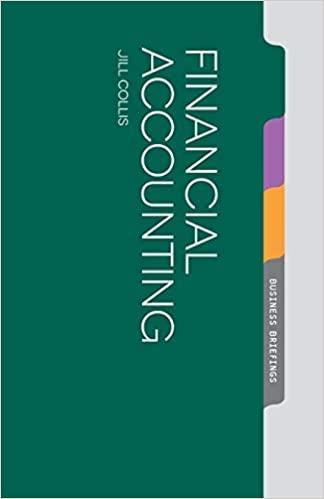The manufacturing industry is one of the most negatively affected industries by COVID-19. As a result, some of the manufacturing companies did not only resort to massive retrenchments, but to total closure. Of note, is the SME sector given their non-diversified operations. The SME sector is considered as one of the key players when it comes to job creation in the country. By extension, SMEs contribute significantly to the country's Gross Domestic Product (GDP). In order to avoid future closure of SMEs in the country, the government through the Development Bank of Namibia (DBN) has come up with a business rescue plan. This involves funding SMEs in the manufacturing sector through relaxed collaterals. Meaning, SMEs would present their funding proposals to DBN, depending on the practicality of their business proposals, they could get funding without presenting any collaterals (guarantees). This would practically mean that they will not be required to repay back the funds that have been advanced to them. This initiative has attracted quite a number of SMEs, not only those within the manufacturing sector but from other sectors as well. Cash flow projections is one of the requirements that SMEs should enclose in their funding proposals. This includes budgeting and profit planning. This initiative has attracted quite a number of SMEs, not only those within the manufacturing sector but from other sectors as well. Cash flow projections is one of the requirements that SMEs should enclose in their funding proposals. This includes budgeting and profit planning. Fedex CC ("Fedex") produces and sells two products, namely: Standard and Executive, using raw materials X and Y. Upon submitting their funding proposal to DBN, they have been requested to enclose a projection of their 2022 budgeting and profit planning statements. Thus, Fedex has provided you with the following information for 2022: Forecasted sales for 2022: It is envisaged that 42 000 Standard and 38 000 Executive at a price of N$420 and N$510, respectively will be sold for the period under review. The management accountant provides the following inventory figures for the two products: 1 January 31 December 2022 2022 Standard (units) 8 200 6 800 Executive (units) 11 500 8 800 1 January 31 December 2022 2022 8 200 6 800 Standard (units) Executive (units) 11 500 8 800 The production manager provides the following details regarding raw material utilization. Quantity to be used per unit: Direct Standard Executive materials 4kg Y 3kg 5kg 3kg Additional information pertaining to raw materials is given below: Type of 1 January 31 Purchase 2022 December price per material 2022 unit 75 000 kg 70 000 kg N$17.00 Y 20 000 kg 30 000 kg N$16.00 raw Additional information pertaining to raw materials is given below: Type of 1 January 31 Purchase raw 2022 December price per material 2022 unit N$17.00 75 000 kg 70 000 kg 20 000 kg 30 000 kg Y N$16.00 REQUIRED MARKS For Fedex CC, prepare the following budgets for 31 December 2022. Where applicable, have separate columns for the two products. 2.1. Sales budget (N$) 3 2.2. Production budget (Units) 5 Direct material purchases budget 2.3. 13.5 (N$) Briefly explain what a budget is, and provide three advantages of 2.4. 3.5 budgeting from a business perspective. TOTAL MARKS 25










